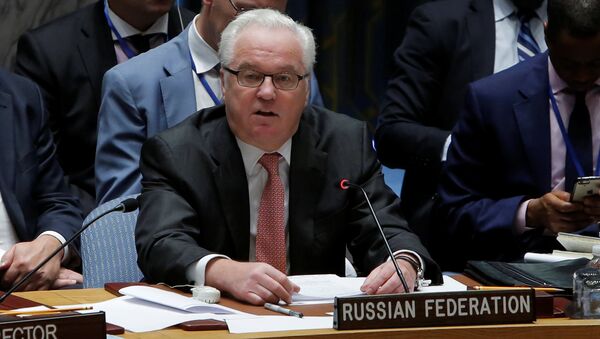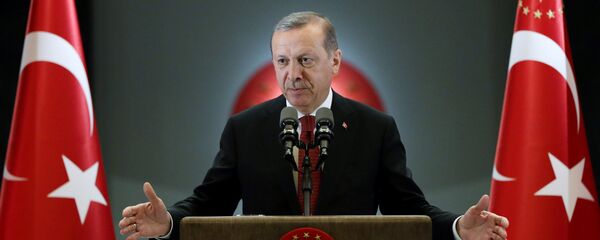"Work on Syria inside the Security Council has never been easy. Certain members of the council, which, let's be frank, contributed to the start of the conflict in Syria and are still fueling it, are unable to give up their aims of overthrowing the current government of Syria," Churkin told the Izvestia newspaper.
These diplomats seldom come up with constructive proposals and have been "demonizing" Syrian authorities as well as Russia, he added, noting that despite the difficulties, positive solutions began to emerge in late 2016.
The confrontation over Syria began to subside in late 2016, when we were able to adopt resolutions 2328 and 2336 on improving the situation in Aleppo and giving the go-ahead to December 29 Ankara agreements.
The UN Security Council resolution 2336 was adopted in late December after a joint Russian-Turkish proposal on a ceasefire regime in Syria, as well as on holding political talks between the Syrian government and opposition groups in Astana, Kazakhstan in January 2017. A day earlier, a nationwide ceasefire between Syrian government troops and several opposition factions came into force. Russia and Turkey serve as guarantors of the deal that paves the way for negotiations between the warring parties.
The council's resolution 2328 was adopted earlier that month and demands immediate and unhindered access to Aleppo for UN observers to monitor civilian evacuations from the war-torn city. Aleppo has since been fully liberated from terrorists by government forces and civilians have begun to return to their homes.




